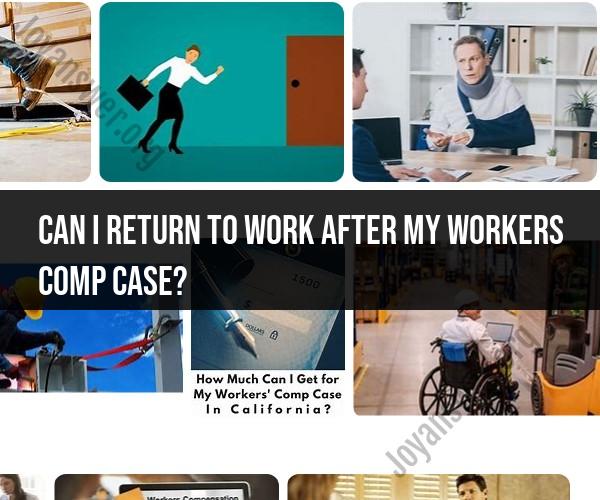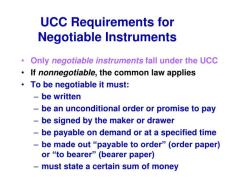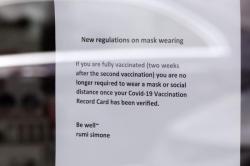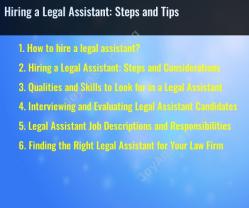Can I return to work after my Workers Comp case?
Returning to work after a Workers' Compensation (Workers' Comp) case largely depends on your specific circumstances, the nature of your injury, and the recommendations of your healthcare provider. Here are some key factors to consider:
Medical Evaluation: It's essential to follow the guidance of your treating healthcare provider. They will assess your condition, monitor your progress, and determine when it's medically safe for you to return to work. Your healthcare provider may impose restrictions on the type of work you can perform, the number of hours, or other accommodations.
Work Restrictions: If your healthcare provider recommends work restrictions or limitations, it's crucial to communicate these restrictions to your employer. Your employer should make reasonable accommodations to ensure your safety and well-being while at work.
Employer's Responsibilities: Employers have a legal obligation to provide a safe work environment. They should cooperate with any work restrictions or accommodations recommended by your healthcare provider. If they cannot meet these requirements, they may need to explore alternative work arrangements, such as modified duties or temporary reassignment.
Communication: Open and honest communication with your employer is essential. Discuss your return-to-work plan, including your medical restrictions and accommodations, with your employer and your Workers' Comp representative.
Legal Rights: You have rights protected by workers' compensation laws. If your employer or their insurer does not comply with your return-to-work needs or if you encounter discrimination or retaliation for filing a Workers' Comp claim, you may have legal recourse. Consult with an attorney if you believe your rights are being violated.
Vocational Rehabilitation: In some cases, vocational rehabilitation services may be offered to assist injured workers in returning to work. This can include job retraining, skill development, and job placement services.
Seeking a Second Opinion: If you have concerns about your medical evaluation or treatment plan, you can seek a second opinion from another healthcare provider. However, this should be done in accordance with your state's Workers' Comp regulations.
Transitional or Light-Duty Work: Some Workers' Comp cases involve a period of transitional or light-duty work, where employees return to work in a modified capacity while still recovering. These roles are often designed to accommodate medical restrictions.
Financial Compensation: Workers' Comp may provide financial benefits to compensate for lost wages during your recovery period. When you return to work with restrictions, you may receive a partial wage replacement, depending on your state's regulations.
Long-Term Implications: Consider the long-term impact of your injury on your ability to perform your previous job. If your injury results in a permanent disability that prevents you from returning to your previous role, Workers' Comp benefits may provide compensation and support for vocational rehabilitation or retraining for a new career.
Returning to work after a Workers' Comp case is often a gradual process that requires cooperation between you, your healthcare provider, and your employer. It's essential to prioritize your health and safety while also understanding your rights and responsibilities under Workers' Comp laws. If you have concerns or questions about returning to work, consider consulting with an attorney who specializes in workers' compensation for guidance and protection of your rights.
Returning to Work After a Workers' Comp Case: What You Need to Know
Returning to work after a workers' compensation case can be a complex process. There are a number of things you need to know to ensure that your transition back to work is smooth and successful.
First, it is important to be cleared to return to work by your doctor. Once you have been cleared to return to work, you should contact your employer and let them know that you are ready to come back.
Your employer may have a return-to-work program in place. This program will help you to transition back to work safely and gradually. Your employer may also be able to provide you with modified duties or accommodations to help you to perform your job.
If you have any questions or concerns about returning to work, you should talk to your doctor or your employer.
Reintegration into the Workforce After a Workplace Injury
Reintegrating into the workforce after a workplace injury can be challenging. You may be dealing with physical and emotional challenges, and you may be worried about how you will be able to perform your job.
It is important to be patient and understanding with yourself. It may take some time to adjust to being back at work. Here are some tips for reintegrating into the workforce after a workplace injury:
- Start slowly. If possible, start by working part-time or on a modified schedule. This will give you time to adjust to the physical demands of your job and to build up your strength and endurance.
- Take breaks. Don't be afraid to take breaks throughout the day. Get up and move around, or take a few minutes to relax and clear your head.
- Ask for help. If you need help with your job, don't be afraid to ask for it. Your employer or coworkers may be able to provide you with assistance.
- Talk to your doctor. If you are struggling to reintegrate into the workforce, talk to your doctor. They can provide you with support and advice.
Communicating with Your Employer and Healthcare Providers
It is important to communicate with your employer and healthcare providers about your return to work. This will help to ensure that you are able to transition back to work safely and successfully.
Here are some tips for communicating with your employer and healthcare providers about your return to work:
- Be honest and open about your needs and concerns.
- Ask questions if you don't understand something.
- Provide your employer and healthcare providers with information about your injury and your progress in recovery.
- Work with your employer and healthcare providers to develop a return-to-work plan.
Legal Rights and Protections for Workers After a Workers' Comp Case
Workers have a number of legal rights and protections after a workers' compensation case. These rights and protections vary from state to state, but they generally include:
- The right to receive medical treatment for your injury.
- The right to receive temporary disability benefits if you are unable to work due to your injury.
- The right to receive permanent disability benefits if you have a permanent disability as a result of your injury.
- The right to return to your job without retaliation after you have recovered from your injury.
If you have any questions about your legal rights and protections, you should consult with an attorney.
Navigating the Transition Back to Work Successfully
The transition back to work after a workers' compensation case can be challenging, but it is possible to navigate it successfully. Here are some tips:
- Be patient and understanding with yourself.
- Start slowly and gradually increase your workload.
- Take breaks throughout the day.
- Ask for help if you need it.
- Communicate with your employer and healthcare providers.
- Be aware of your legal rights and protections.
By following these tips, you can increase your chances of a successful transition back to work.













